Balancing Risks and Benefits of Cannabis Use: Umbrella Review of Meta-Analyses of Randomised Controlled Trials and Observational Studies
By: Marco Solmi, Marco De Toffol, Jong Yeob Kim, Min Je Choi, Brendon Stubbs, Trevor Thompson, Joseph Firth, Alessandro Miola, Giovanni Croatto, Francesca Baggio, Silvia Michelon, Luca Ballan, Björn Gerdle, Francesco Monaco, Pierluigi Simonato, Paolo Scocco, Valdo Ricca, Giovanni Castellini, Michele Fornaro, Andrea Murru, Eduard Vieta, Paolo Fusar-Poli, Corrado Barbui, John P A Ioannidis, Andrè F Carvalho, Joaquim Radua, Christoph U Correll, Samuele Cortese, Robin M Murray, David Castle, Jae Il Shin, and Elena Dragioti
In this article, we explore the relationship between cannabis, cannabinoids (the components of cannabis), cannabis-based medicines and human health. To do this, we conducted an umbrella review of randomized controlled trials (RCTs) and observational studies.
We found that the use of cannabis-based medicines can be useful for seizures in certain types of epilepsy as well as pain management for multiple sclerosis, chronic pain, and palliative care. However, like other seizure and pain medications, this is not without side effects.
However, cannabis use can also have harmful effects, including increased risk of psychosis in adolescents and adults in both the general population and those who are already experiencing psychosis. We also found that cannabis was associated with general mental health symptoms, including depression, mania, issues with memory, visual impairments, drowsiness, disorientation, dizziness, sedation, and vertigo. This is especially concerning because because the age of onset for cannabis use disorder also coincides with the peak age for the development of other mental health disorders, including schizophrenia and other psychotic disorders. Cannabis use after the onset of psychosis is associated with poorer clinical outcomes including, reduced cognition, lower medication adherence, and a higher risk of relapse.
The use of cannabis, cannabinoids, and cannabis-based medicines can have both positive and negative impacts on health. These risks and benefits need to be carefully weighed prior to cannabis use.
To read the full article, visit: https://www.bmj.com/content/382/bmj-2022-072348.

